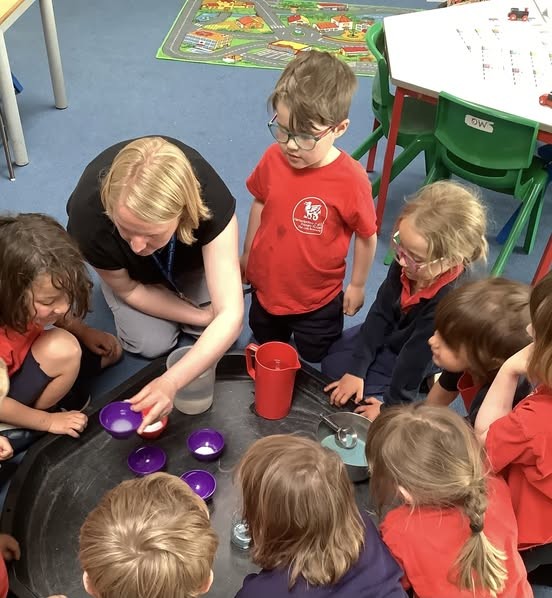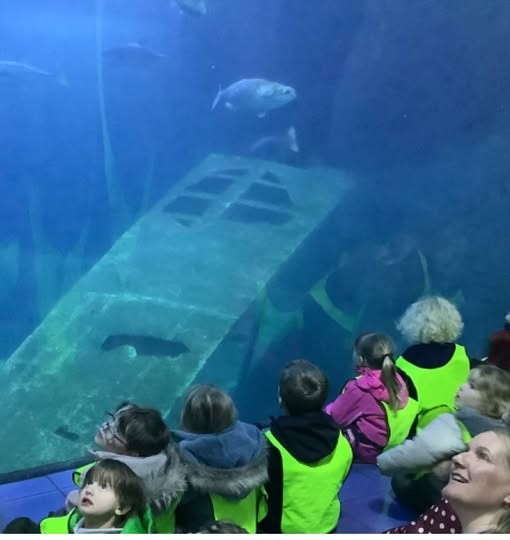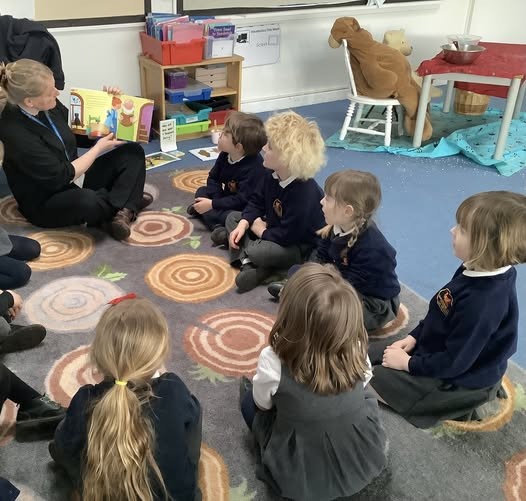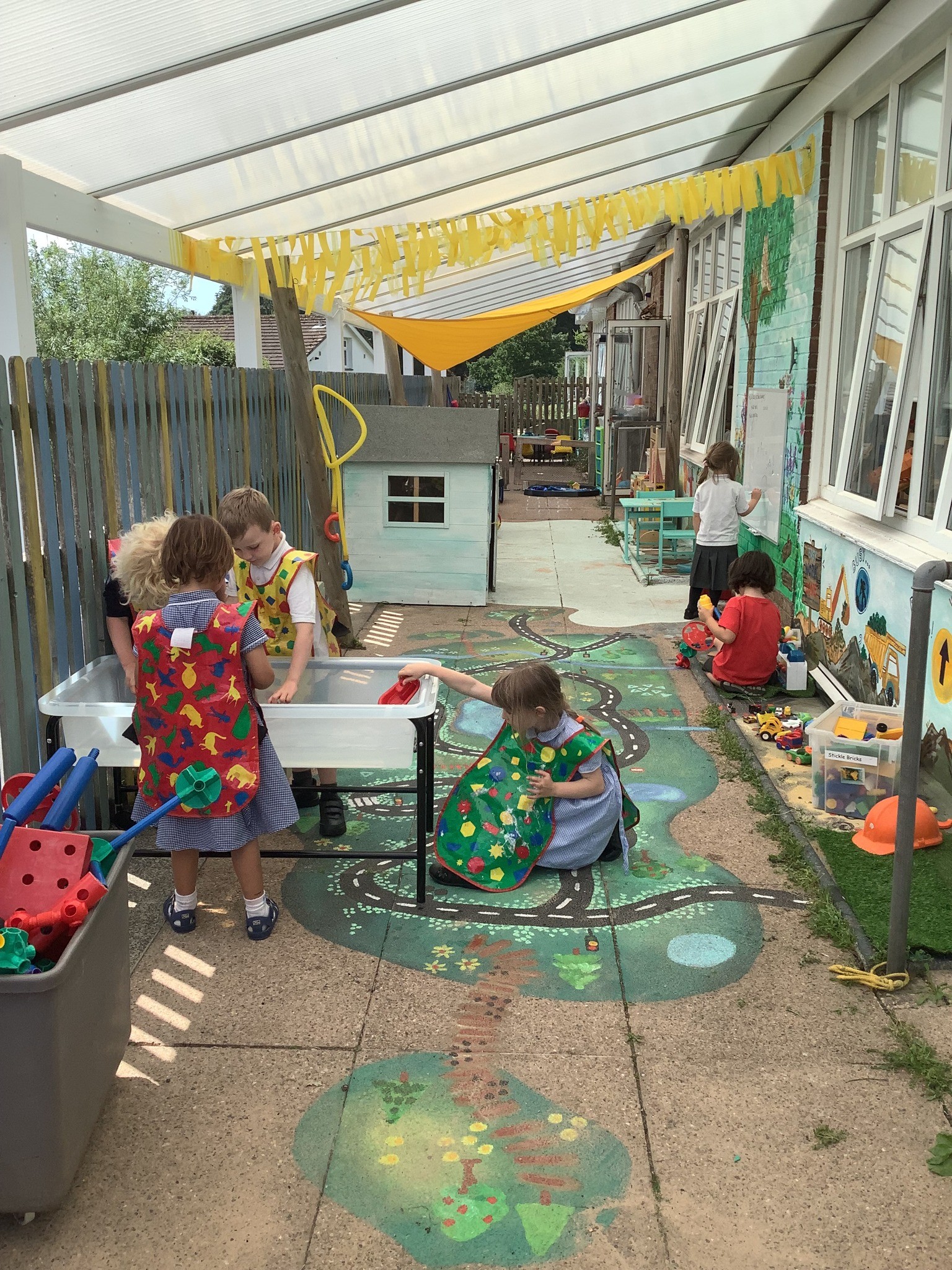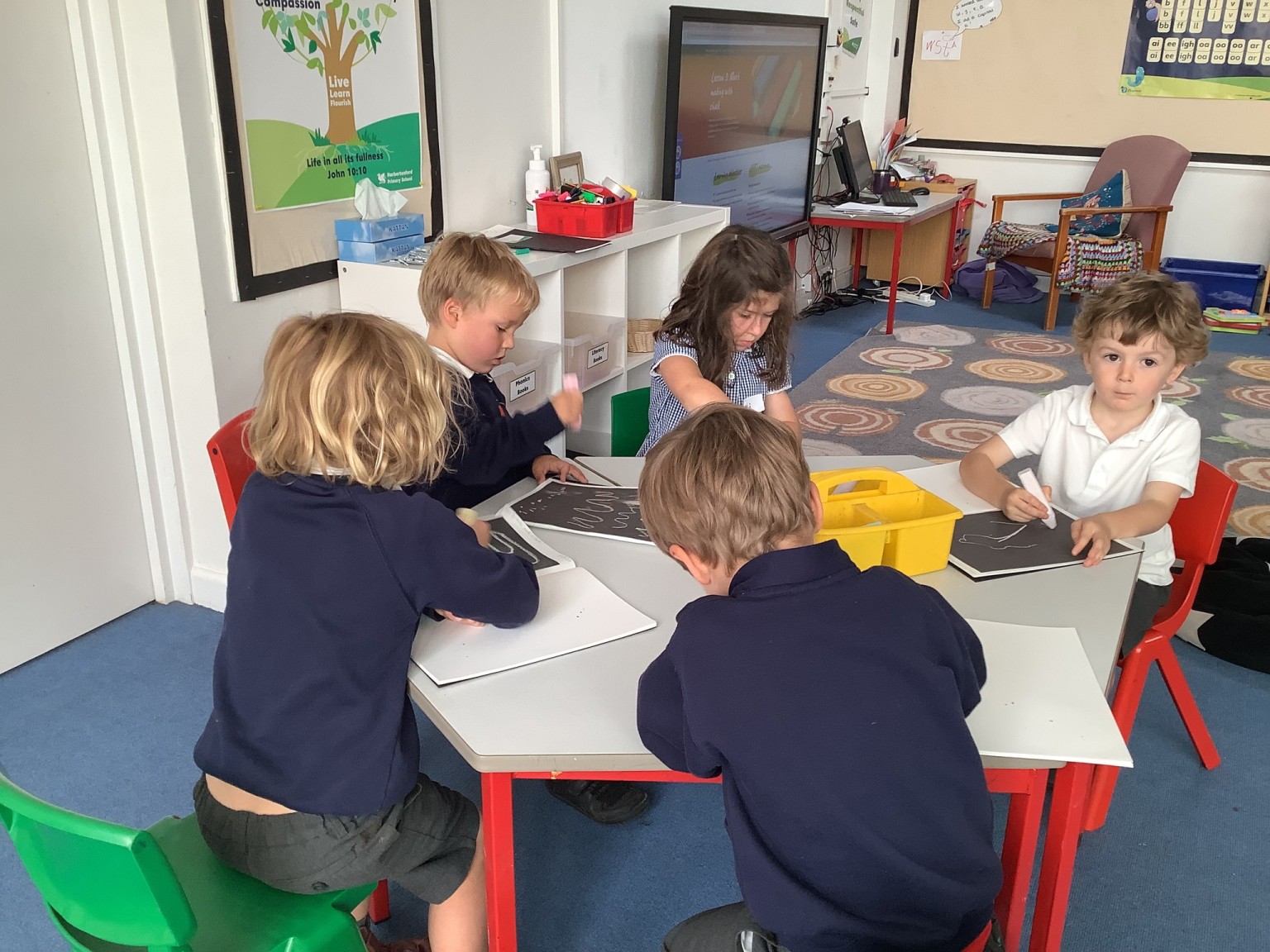All about Foundation Owls!
Mrs Blair is our Foundation Stage Owls teacher. In our Early Years setting we explore our immediate environment and the wider world through awe and wonder. We want to provide a range of opportunities and build strong foundations for learning. Each child will follow their own path, and we want them to be confident and resilient, allowing them to fulfil their full potential.
Owls enjoy learning, playing and exploring together, enjoying some time throughout the week with our wonderful Pre-School. We work together as part of a Partnership Foundation Stage Unit sharing planning, resources and activities in a linked Learning Space.
Children follow a broad and balanced curriculum following the Early Years Foundation Stage framework through topic-based and high interest activities. There are plenty of opportunities for children to initiate their own learning throughout the day, and many of the activities are based on the interests of the children. They are encouraged to work both independently and with others to plan, access and organise resources in the learning space provided. Everyone is supported and challenged in order to progress their learning.
Children participate in many practical and play based activities both indoors and outdoors to aid their learning. There is an outdoor space right outside both classrooms, which are enjoyed by us all. Reception children also enjoy specific outdoor learning activities in our outdoor classroom, and 'forest' area which has dens, swings and a pond to explore.
We follow the Bug Club phonics program, enriched with songs, games, mark making and writing opportunities. This is extended, enriched and embedded across the environment to ensure that children can develop their skills appropriately. We use the Devon Book Buds programme to enhance our Literacy, using a rich variety of texts to explore vocabulary and writing opportunities.
We send reading books home on a Friday, and the children are provided with a Book Log to record their reading achievements. You can also access Bug Club books, resources and games online at home, please ask Mrs Blair for your child's log in details.
In maths, we use the White Rose scheme to support children’s understanding of number, pattern and counting. We use adult led teaching and tasks to enrich the children’s mathematical understanding. Number, shape and measures are embedded into many of the activities set up for the children to access.
PE is taught each week by Mrs Bamber as well as Mrs Blair.
We also investigate Understanding the World throughout the week through Kappow, which includes focuses on science / historical and Geographical knowledge and RE, all linked to the Early Years Framework. Expressive Arts and Design focus on Music and Art, exploring instruments, performing, creativity and exploring different media.
We use Tapestry as an online Learning Journey, where photos, videos and audio clips can be uploaded and shared with parents, as well as parents sharing aspects of home lives, such as swimming certificates, buildings and creations made or perhaps a caked baked together; this way they can share their home lives with their friends through images and video.
Curriculum
- Our topics for the year are as follows:
Autumn: What makes me unique? Who helps us? and Which animals amaze you? (AutumnTerm1)
What is my favourite colour? What is Space like? and What can I bake? (Autumn Term 2)
Spring: Can you catch a star? Can you name a dinosaur? and Are you a wise Owl (Spring Term 1)
What can you taste? Can you describe a frog? and What would you wear? (Spring Term 2)
Summer: Can I be healthy? and Can I grow a plant? (Summer 1)
Can I explore difference? Who helps us at sea? and Can I find a bug? (Summer Term 2)

